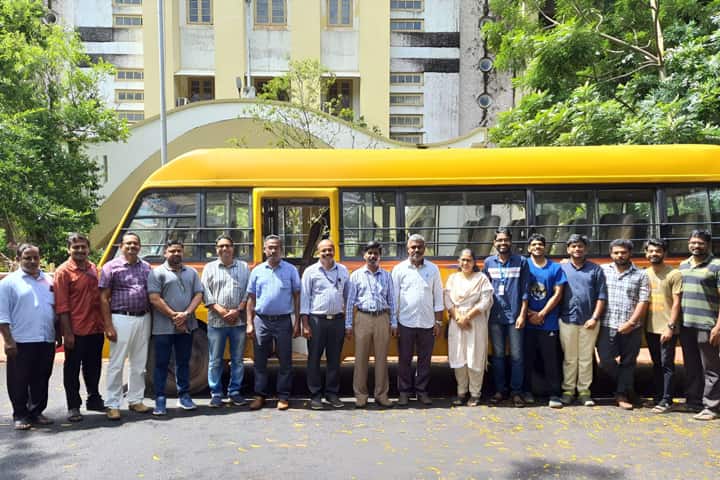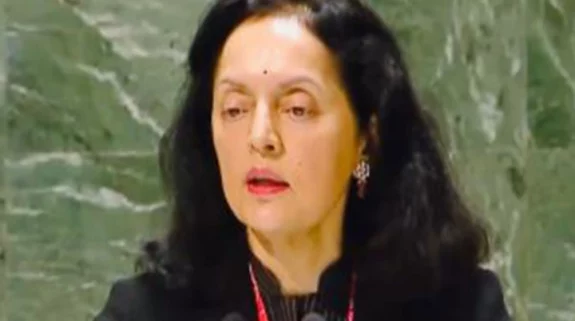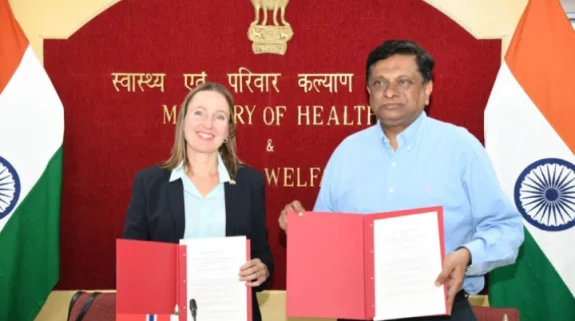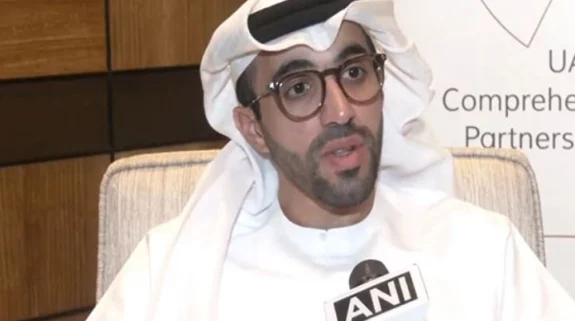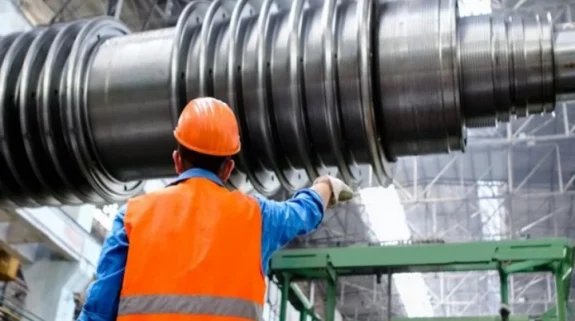Scientists and institutions all over the world are exploring methods of converting waste into wealth. Among these are Indian ones too and an example of this endeavour came to the fore as faculty and students of College of Engineering, Thiruvananthapuram along with Kerala State Electricity Board Limited developed biodiesel from non-edible cooking oil.
The project involved production and feasibility analysis of biodiesel made from leftover cooking oil which was obtained from the college hostel and canteen. “As part of the project, the biodiesel produced was used to power the college bus,” Dr. Rani S, Associate Professor from the Mechanical Engineering Department informed India Narrative.
Besides Dr. Rani, others who led the project were Dr. (Prof) Muhammad Arif M from the CET’s Chemistry Department, and Prof. Gopakumar S, from the Government Engineering College, Barton Hill.
Sharing details, Dr. Rani told India Narrative: “The project aims to reduce the cost of biodiesel production, increase fuel efficiency, and minimize the release of pollutants like NOx (nitrogen oxide). By utilizing waste oil for biodiesel production, it would prevent cooking and reuse of the oil and also it would reduce the environmental impact of fossil fuels in the operation of vehicles and machinery.”
She added that “the biodiesel produced has a similar efficiency to diesel and it significantly reduces the emission of pollutants such as carbon monoxide, carbon dioxide, sulfur compounds, etc.”
The results were analyzed through engine testing and emission analysis. Looking forward, the future work would look at bulk production of biodiesel from waste feedstock in line with “waste to energy” at CET’s Center for Sustainable Development.
CSD is part of the Kerala Government’s initiative of achieving sustainable development through the use of environmental-friendly technological solutions. It aims to achieve the 17 declared goals of sustainable development by 2030, through research and technological interventions to combat pollution and promote sustainable development with the help of research agencies such as Science and Engineer Research Board and Kerala State Council for Science, Technology and Environment.
Among the ongoing projects being pursued at CSD are development of fuel and lubricant from plastics, the rapid and bulk production of biogas from waste, advanced technology to harvest energy from wind solutions, development of catalysts for green hydrogen energy production, and the elimination of antibiotic-resistant bacteria in contaminated water and prevalence of antimicrobial resistance in hospital effluents.






